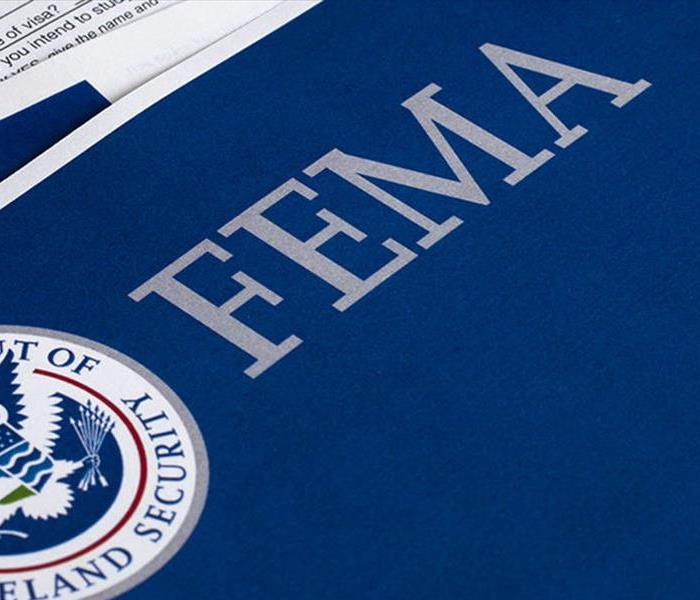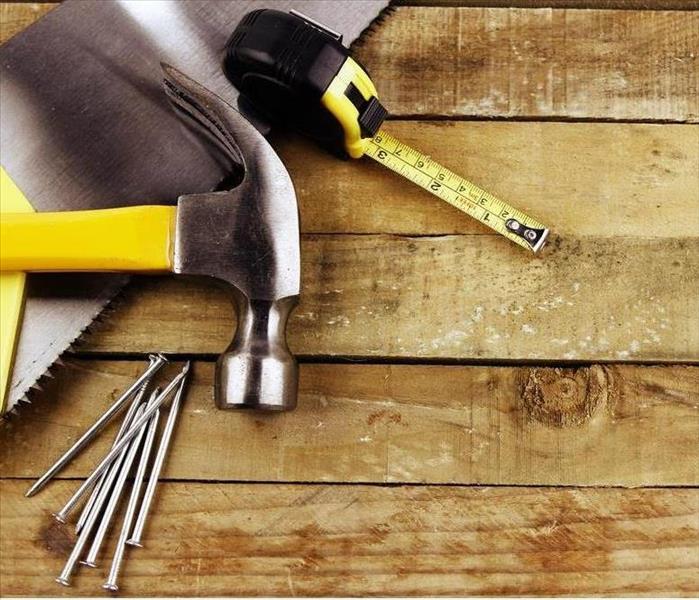Recent General Posts
How to Keep Mold and Mildew Away
9/15/2021 (Permalink)
Most of of us experience humidity either in our homes, places of Business, Rv's and even in Boat cabins. When high levels of Humidity are present, microbial growth can also take place. Mold and Mildew can grow where there is moisture, low sunlight and poor ventilation. Here are some ways to help keep those conditions low:
Keep humidity levels low ( between 30%-50%) as you can. Air conditioners and dehumidifiers can help keep these levels low.
Be sure that you have enough ventilation. Exhaust fans that vent to the outside of your home or business.
Fix any leaks in your roof, windows and walls that you can, so that mold doesn't have a chance to start growing.
Try not to use carpet in areas that may have higher moisture or humidity levels such as in a basement. Carpet can hold moisture and create a good environment to have microbial growth.
If you feel like you may have a mildew smell or can see something that looks discolored call the experts at SERVPRO of Mt Pleasant, Clare and Houghton Lake at 989-775-5065 or visit us online at www.SERVPROofmtpchl.com
FEMA and Mitigation
4/16/2018 (Permalink)
Here is what FEMA says about mitigation (The following was portion copied directly from: https://www.fema.gov/what-mitigation )
“Effective mitigation requires that we all understand local risks, address the hard choices, and invest in long-term community well-being. Without mitigation actions, we jeopardize our safety, financial security and self-reliance.
· Disasters can happen at anytime and anyplace; their human and financial consequences are hard to predict.
· The number of disasters each year is increasing but only 50% of events trigger Federal assistance.
· FEMA's mitigation programs help reduce the impact of events—and our dependence on taxpayers and the Treasury for disaster relief.
FEMA's Federal Insurance and Mitigation Administration (FIMA) manages the National Flood Insurance Program (NFIP) and implements a variety of programs authorized by Congress to reduce losses that may result from natural disasters. Effective mitigation efforts can break the cycle of disaster damage, reconstruction, and repeated damage. FEMA's mitigation and insurance efforts are organized into three primary activities that help states, tribes, territories and localities achieve the highest level of mitigation: Risk Analysis, Risk Reduction, and Risk Insurance. Through these activities and FEMA's day-to-day work across the country, communities are able to make better mitigation decisions before, during, and after disasters.”
Read more by clicking the link provided above.
Some Home Improvements Can See You Behind Bars.
4/16/2018 (Permalink)
Did you know that some DIY projects could put you behind bars? “Just because you can do it yourself doesn’t mean you should. Some jobs call for a licensed professional, especially jobs that involve plumbing, electric, and HVAC installations and repairs. Improperly performed home improvements may cause injury, void warranties, compromise insurance claims, and complicate resales”
Click on the source link below to continue reading and to view the slideshow.
Source: https://www.bobvila.com/slideshow/13-home-improvements-that-are-illegal-to-diy-49321
Check with your local city and county to make sure you are also following proper protocol for them as well. Educate yourself before you begin.Or if you'd like you can call SERVPRO @ 989-775-55065 and we can help you out.
Fire Tips to Keep You Safe.
4/11/2018 (Permalink)
No one can predict when an emergency will arise. More than one third of fire home deaths occur as a result of fires where no alarms are present. Most of these smoke alarm failure are usually the result of missing, disconnected, or dead batteries.
Here are some tips to keep in mind that could prevent a fire disaster from occurring in your home:
-National Fire Protection Association recommends smoke alarms be installed in every bedroom, outside all sleeping quarters and on every level of the house
-Test smoke alarms at least once a month using the test button
-Replace batteries in all smoke alarms at least once a year
-Replace all smoke alarms when they are 10 years old.
Emergencies can happen 24/7/365. Keep you and your loved ones safe all year round.




 24/7 Emergency Service
24/7 Emergency Service

